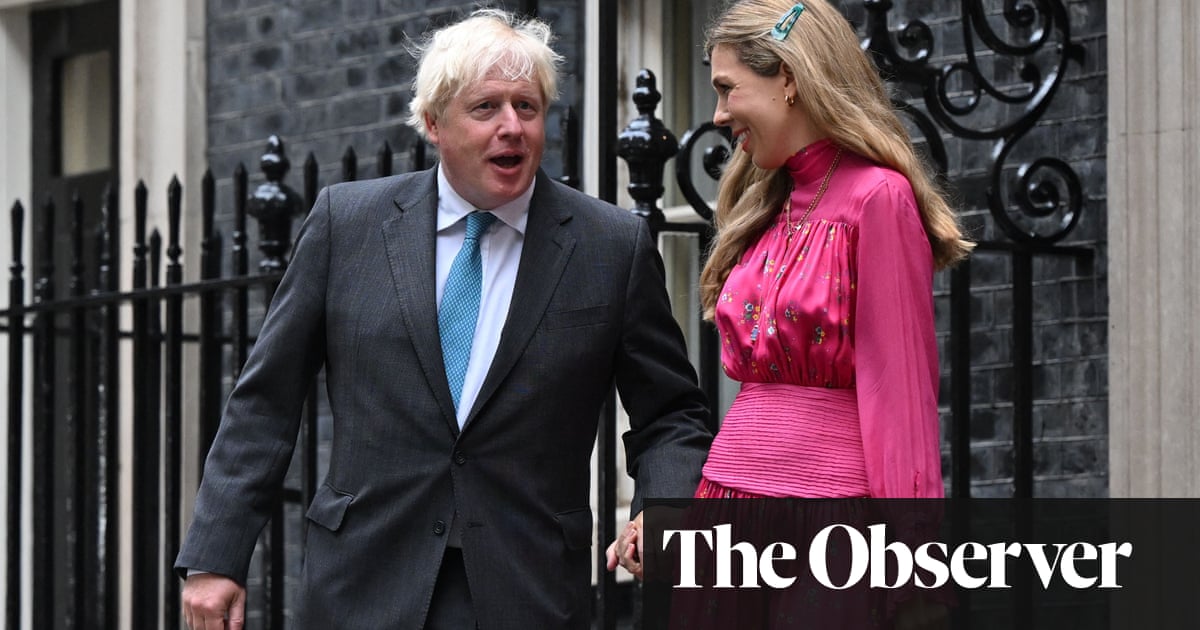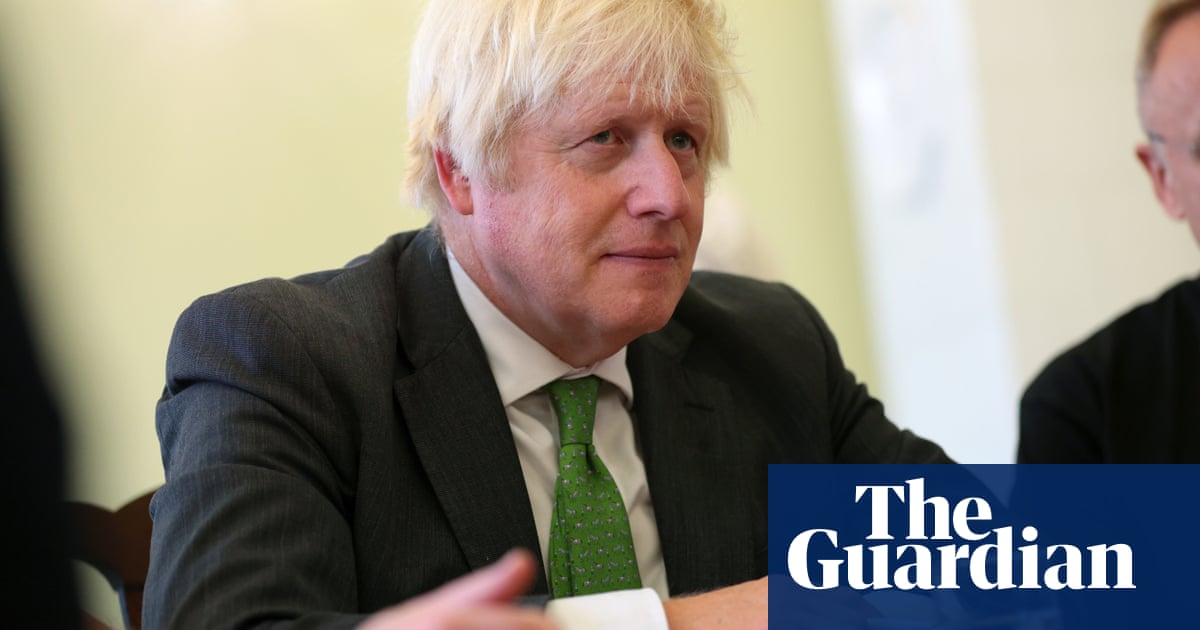
The Conservative party has been asked by the election watchdog to explain how Boris Johnson found £60,000 to pay for the refurbishment of his Downing Street flat.
The Electoral Commission said it had contacted the party “to establish whether any sums relating to the renovation works fall within the regime regulated by the commission”.
The inquiries are likely to lead to further tension between the watchdog and some Conservatives. Last year the party’s co-chair, Amanda Milling, condemned the commission as being “simply not fit for purpose” and the party called for the watchdog to be abolished unless it was stripped of many of its powers.
Labour said the prime minister should say whether any “special favours” are owed to donors who allegedly funded his and fiancee Carrie Symonds’ extensive redecoration of the flat they share above 11 Downing Street.
The Daily Mail reported yesterday that a “secret” £60,000 payment for part of the work was made by the Conservative party last summer. This was reimbursed by Lord Brownlow, the newspaper reported, but the donation was not declared to the Electoral Commission or the House of Commons register of interests.
Lord Brownlow is an entrepreneur and former Tory vice-chairman who was made a life peer in 2019 by Theresa May.
Symonds’ £200,000 interior redesign is not covered by the £30,000 annual allowance that the prime minister receives for his accommodation, and Downing Street has been trying to set up a charity to pay for it.
Allegra Stratton, the prime minister’s press secretary, said earlier this month that “every twist and turn” of the refurbishment would be recorded, but added: “Conservative party funds are not being used to pay for any refurbishment of the Downing Street estate.”
The Electoral Commission sought to play down its inquiries, saying that it talked regularly to all political parties about funding, adding: “We are in contact with the party to establish whether any sums relating to the renovation works fall within the regime regulated by the commission.”
A Conservative party spokesperson said: “All reportable donations to the Conservative party are correctly declared to the Electoral Commission, published by them and comply fully with the law. Gifts and benefits received in a ministerial capacity are, and will continue to be, declared in government transparency returns.”
All the major political parties have been fined by the Electoral Commission in recent years, but it has been targeted for criticism by many pro-Brexit MPs and campaigners.
Jacob Rees-Mogg, the leader of the Commons, said the commission was not trusted to be impartial. Meanwhile, the committee on standards in public life, an independent body which reports to the prime minister, announced last summer it would be conducting a review of electoral regulation including the Electoral Commission’s remit.
The Conservative party submitted a lengthy criticism of the commission to the CSPL’s review, including a call for the commission’s powers to be handed over to Companies House. Others calling for abolition included Jon Moynihan, who donated £100,000 to Johnson’s leadership campaign.
That was followed in October by news that the commission’s chair, Sir John Holmes, a career diplomat, had been forced out of his position last year.
Labour has said that the Tory call to abolish the Electoral Commission is a “harmful and worrying step for the integrity of our democracy”.












